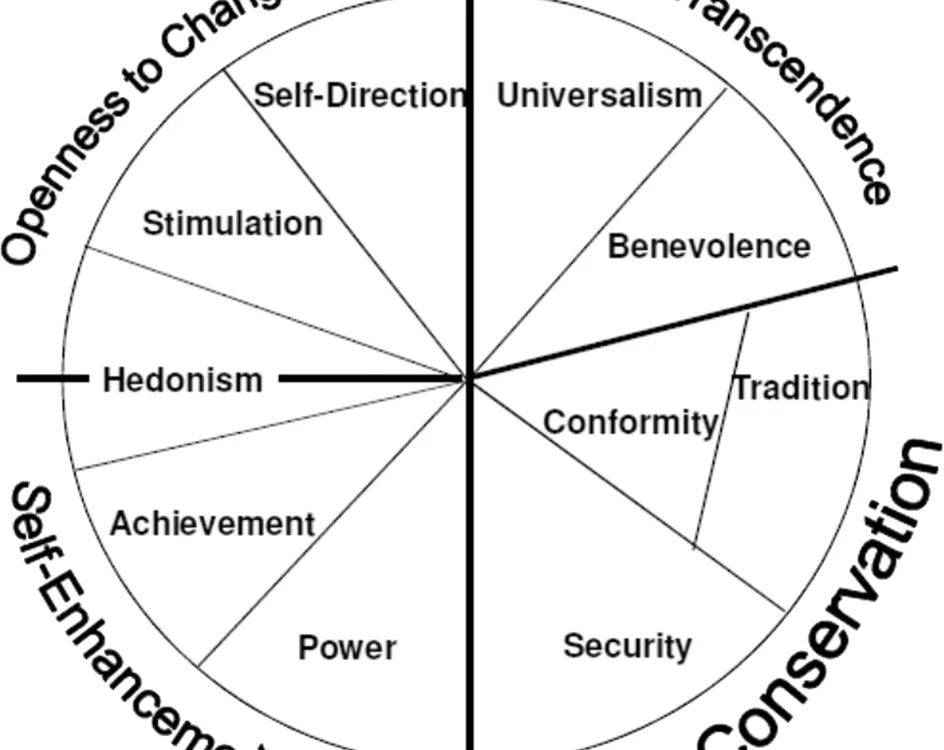One may find it confusing while trying to figure out the differences, similarities as well as examples of self-concept, attitudes, beliefs and values. Inasmuch as the terms could be referring to various issues and have differing definitions, they are related. Self-concept refers to the overall attitude a person has. Some further term it as self-esteem or self-image. Beliefs, on the other hand, refer to an individual’s belief in matters pertaining to prior experiences, culture, social norms, education, religion and faith. Perception becomes a belief when a person accepts it as the truth. Values refer to any consistent beliefs that one develops while making personal decisions such as career, jobs, family, happiness, and success, among others. Another prominent term is attitude. This is the mental or psychological expression of a person before making a final decision. Values and beliefs form the basis of primary attitude. However, the attitude of a person is influenced by factors such as peer pressure, stress, politics, hierarchy, environment, personal experiences, and relations with other people, among others.
The idea of self-concept directly influences and determines the beliefs and values of a person. A positive self-concept is directly proportional and related to positive and optimistic feelings and thoughts. This can further influence and enhance positive emotional intelligence. These forms, attitudes, beliefs, values and self-concepts, are all interrelated and associated. They are the factors that, together, mould and shape the behavior and character of a person. They form the basis for a person’s happiness, respect, career, and wealth success, among other attributes of a human being. However, among these factors, despite the correlation, values are the core basis of a person’s behavior. They influence other factors and affect a person’s perception in relation to another concept. This, therefore, places values at the top of the other factors making them more important and significant than the rest (Ipgrave 261-274).
For an in-depth understanding of these factors, we will further explore where a person acquires beliefs, values and attitudes which eventually form a person’s image, behavior and self-concept. We will also explore the various roles played by each concept in the development and enhancement of self-concept.
In the case of attitudes, they are mainly developed through personal experiences. This could be in jobs, families, education or in social settings. Before a person enters into a new situation, people always take into account their past experiences. Such past experiences set and develop a person’s attitude before any other encounter in the future. Beliefs are also a subject of personal convictions and experiences. They are not necessarily based on facts or logic. One may have personal beliefs on matters pertaining to economic, political as well as religious issues. Arguably, beliefs are not subject to rigorous studies but are nevertheless held as significant concepts of self. Additionally, they form a reference frame through which a person interprets the surroundings, society and, more importantly, the world. Despite the fact that they can be adjusted or changed, this would take strong evidence and persuasion or a substantial amount of time to convince a person to change their beliefs (Lachowicz-Tabaczek and Śniecińska).
Lastly, we take a look at values. They are the core ideas and aspects of what people consider right or wrong, good or bad or what issues are worth sacrificing for. A person’s values form the focus of a person’s self-image and make a person who they are. Similar to beliefs, values are not based on any rational thinking or empirical research. However, they are more resistant and difficult to change or adjust in comparison to beliefs. One has to undergo transformative experiences for a change in values (Ipgrave 261-274).
Conclusively, these concepts are interrelated and interlinked. They are dependent, and all play a crucial role in making someone who they are. They all take part in the development of self-esteem and the overall self-concept.
